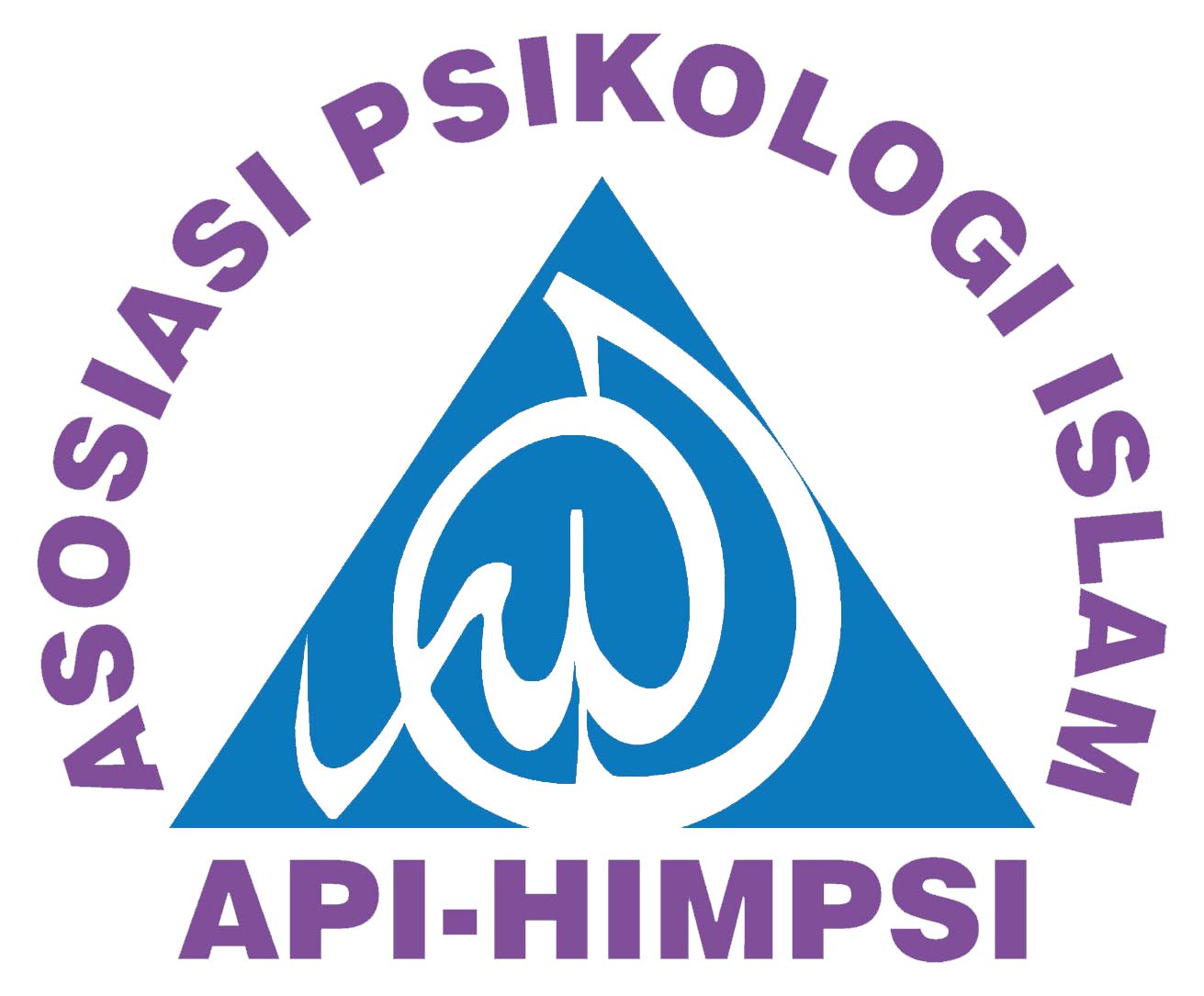Studi Eksploratif Mengenai Karakteristik dan Faktor Pembentuk Identitas Etnik Sunda
DOI:
https://doi.org/10.15575/jpib.v1i1.2072Keywords:
Ethnic identity, Sundanese culture, Exploration, CommitmentAbstract
Jawa Barat is one of the provinces with strong cultural identity. Nowadays, several districts in West Java seek to strengthen their cultural identity in various ways. This study explores the characteristics and factors that shape the identity of Sundanese. The study was conducted in one of the districts in West Java that are intense in maintaining and developing Sundanese culture. Respondents consisted of 639 students in seventeen schools. Data were collected using questionnaires and interviews. The results show that the ethnic identity of the respondents was above average. Most respondents have reached the “achieved†stage, which is marked by strong exploration and commitment. Factors influencing the ethnic identity of respondents include gender, parent education, and the use of Sundanese as the native language. Sundanese ethnic characteristics are mentioned by many respondents, among others, polite and polite, friendly or “someah,†solider and like mutual help, compassionate, sociable, and religious.
References
Arnett, J.J. (2000). Emerging Adulthood: A Theory of Development from the Late Teen through Twenties. American Psychologist, 55, 469-480
Ashmore, R. D., Deaux, K., & McLaughlin-Volpe, T. (2004). An organizing framework for collective identity: Articulation and significance of multidimensionality. Psychological Bulletin, 130, 80–114.
Frable, D.E.S (1997). Gender, Racial, Ethnic, Sexual, and Class Identites. Anuual Review of Psychology. 48, 1-18
French, S. E., Seidman, E., Allen, L., & Aber, J. L. (2006). The development of ethnic identity during adolescence. Developmental Psychology, 42, 1–10.
Fuligni, A.J., Kiang, L., Witkow, M.R , & Baldelomar, O. (2008).Stability and change in ethnic labeling among youth from Asian and Latin American immigrant families. Child Development, 79, 944-956. doi:10.1111/j.1467-8624.2008.01169.x
Pahl, K., & Way, N. (2006). Longitudinal trajectories of ethnic identity among urban Black and Latino adolescents. Child Development, 77, 1403–1415. doi:10.1111/j.1467-8624.2006.00943.x
Phinney, J. S. (1989). Stages of ethnic identity development in minority group adolescents. Journal of Early Adolescence, 9, 34–49.
Phinney, J., & Rosenthal, D. (1992). Ethnic identity formation in adolescence: Process, context, and outcome. In G. Adams, T. Gulotta, & R. Montemayor (Eds.), Adolescent identity formation ( p p . 145–172). Newbury Park, CA: Sage.
Phinney, J.S., Horenczyk, G., Liebkind, K., & Vedder, P., (2001). Ethnic Identity, Immigration, and Well-Being: An Interactional Perspective. Journal of Social Issues, 57(3), 493-510
Phinney, J.S., Ong, A.D., (2007). Conceptualization and measurement of ethnic identity: Current status and future directions. Journal of Counseling Psychology, 54, 271-281.
Smith, T.B & Silva, L. (2011). Ethnic Identity and Personal Well-Being of People of Color: A Meta-Analysis. Journal of Counseling Psychology, 58(1), 42-60
Tsai, K.M., & Fuligni, A.J. (2012). Change in Ethnic Identity Across the College Transition. Developmental Psychology, 48(1), 56-64
Warikoo, N. (2006). Gender and Ethnic Identity among Second-Generation Indo-Caribbeans. Journal Ethnic and Racial Studies, 28(5), Doi.org/10.1080/01419870500158752
Downloads
Published
Issue
Section
Citation Check
License
Authors who publish with this journal agree to the following terms:
- Authors retain copyright and grant the journal right of first publication with the work simultaneously licensed under a Creative Commons Attribution License that allows others to share the work with an acknowledgment of the work's authorship and initial publication in this journal.
- Authors are able to enter into separate, additional contractual arrangements for the non-exclusive distribution of the journal's published version of the work (e.g., post it to an institutional repository or publish it in a book), with an acknowledgment of its initial publication in this journal.
- Authors are permitted and encouraged to post their work online (e.g., in institutional repositories or on their website) prior to and during the submission process, as it can lead to productive exchanges, as well as earlier and greater citation of published work (See The Effect of Open Access).






